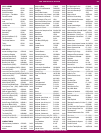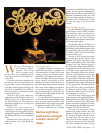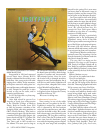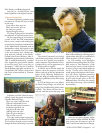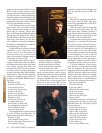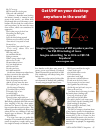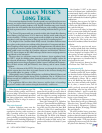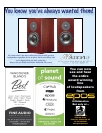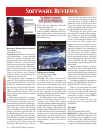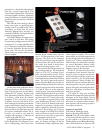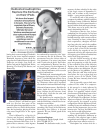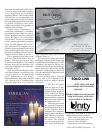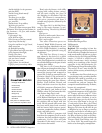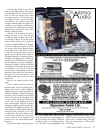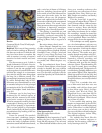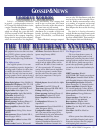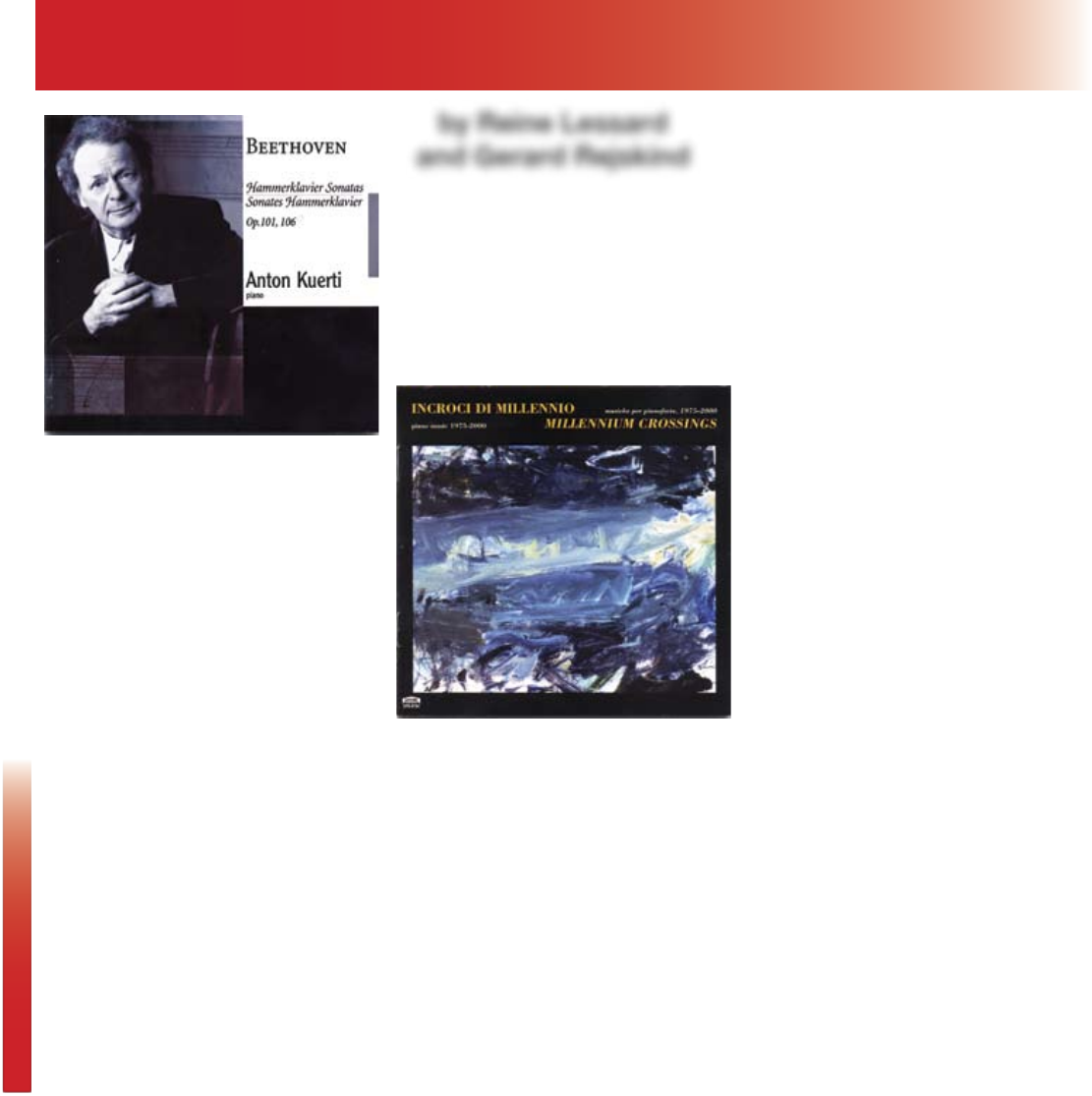
Feedback
Software
Beethoven: Hammerklavier Sonatas
Anton Kuerti
Analekta FL 2 3187
Lessard: Hammerklavier is the German
term for pianoforte — it was originally
called the “hammer keyboard.” The
expression dates from a time of growing
German resistance to the increasing
Italian hegemony in music. “Pianoforte”
is of course an Italian term. Beethoven,
with his usual impetuosity, was hardly
the last to leap into the movement. And
I have to say that the term “hammer
keyboard” seems to suit perfectly the
vigorous style of this work.
This precious album includes the
Sonata No. 28 in A Major, op.101, followed
by the powerful Sonata No. 29 in B Flat,
op.106, each with four movements. I use
the word “precious” advisedly, for that’s
what it is. Not only is the composer
sublime (and what remains to be said
about that?), but the pianist is entirely
worthy of him.
During the nearly hour an a quarter
these two works last, Kuerti, something
of a Beethoven specialist, gives us a
demonstration of his flawless technique,
buttressed in this case by equally flawless
sound. You have to hear him navigate
with remarkable ease through sforzando
passages and other segments that are
lyrical and fraught with poetry and emo-
tion. The performance serves to justify,
if justification is needed, his reputation
of unsurpassed playing which for many
years has won over music lovers, and
particularly Beethoven lovers. This is
Kuerti the way I like him. I heartily
recommend this CD.
The booklet, happily complete,
makes it possibly unnecessary for me to
add anything more on these sonatas by
this greatest of composers of the early
Romantic period.
Millennium Crossings
Lisa Weiss/ CurtCacioppo
Capstone CPS-8734
Lessard: The piano works on this
recording are all by contemporary
American composers, and indeed all
but the first were composed since 1985.
There are a number of fascinating ele-
ments here, both by the composers and
by their virtuosity on the piano. And
speaking of the piano itself, it is a Bösen-
dorfer Imperial Concert Grand.
The Bösendorfer name is linked to
Vienna, that musical centre of the 19
th
Century, and to Franz Liszt, whose
energetic technique and dazzling playing
always ended up wrecking the pianos he
played. The massacre ended the day he
got his hands on a Bösendorfer. Not only
could it resist his excesses of enthusiasm,
but he was won over by its incomparable
tonal beauty, and he made it his own.
From that day, the house of Bösendorfer,
already famous, gained even more in
celebrity.
The Imperial Concert Grand’s key-
board includes one more octave than
other pianos, situated at the bottom
end, going down to CCCC, capable of
producing a tone of 16 Hz! Even when
those extra notes aren’t played, they
vibrate in sympathy with the other notes,
giving the piano its unique sound.
Klavierstück, the first piece on the
disc, from 1976, and the Sonata trasfigu-
rata of 1986, are from Curt Cacioppo.
This musician has had considerable
contact with American Indians and
is an activist for Native rights, and it
happens that here and there he uses
elements inspired by Native culture.
Initially intrigued by the originality of
his inspiration, I was charmed within a
few measures by the music’s architec-
ture, by the juxtaposition of sounds, by
the firm and energetic touch, and by the
clarity of the playing. The pianist in this
case is Lisa Weiss, herself a composer,
who also plays Marino Baratello’s 1991
Klavierstück.
Ingrid Arauco’s Triptych is a collec-
tion of three short pieces, played this
time by Curt Cacioppo: the Freely, quasi
improvisando, followed by an Intermezzo
of less than 50 seconds, and a final Allegro
with wit and verve, which manages to be
both tender and agitated.
Cacioppo also plays two magnificent
pieces by Joseph Hudson, the Fantasy-
Refrain II and a Piece for the Swans.
What I take away from this music
and the musicians who play it is the
conciseness, the clarity of the sound that
often comes in clusters or in arpeggios,
sometimes in trills, and the polished
dynamic and timbral effects.
As for the sound, it is up to the
standards of the most demanding
audiophiles.
Felix Hell
Felix Hell
Reference Recordings RR-101CD
Rejskind: It’s so great to have Reference
Recordings back! Keith Johnson won’t
be setting up his microphones again
until summer, but I had heard none
of his last productions before Dorian
“bought” the company (without actually
Software Reviews
by Reine Lessard
and Gerard Rejskind
70 ULTRA HIGH FIDELITY Magazine



